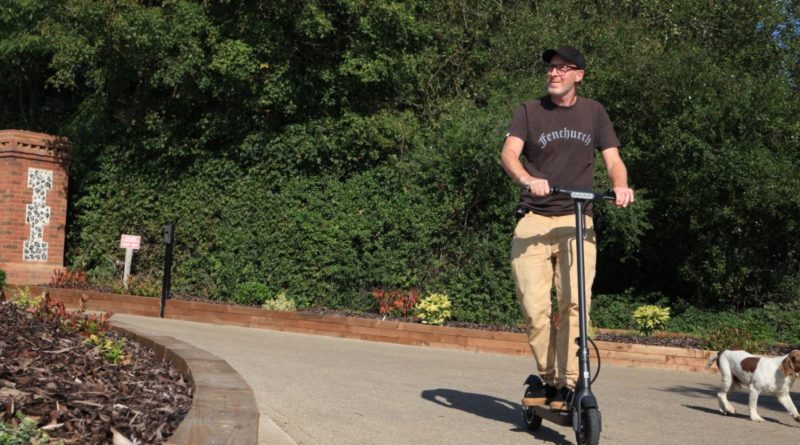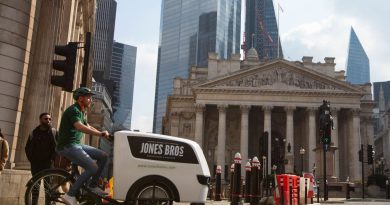ASA upholds electric scooter complaint that depicted UK road use
The Advertising Standards Agency has upheld a complaint lodged against Furo Systems earlier this year that depicted the electric vehicle business’s scooter products being used in public UK spaces.
With UK legality on electric scooters remaining limited to share schemes, the pair of complaints lodged against the adverts were considered to be valid, with Furo’s adverts clearly depicting models using them in identifiable places that would be illegal under the present regulations.
The ruling is a warning shot to companies selling and advertising electric scooters in the UK that are intended to be privately owned and used. As it stands an explicit message to be delivered alongside sales are that they most only be used on private land with the owner’s permission. Given the make up of land ownership in the UK that doesn’t leave much room for legal use outside of one’s own property, but despite this they are very commonly seen on the streets (and often confiscated as a result).
FuroSystems’ response to the complaint was to state that its products are mainly sold on mainland Europe where regulations are generally more accepting of their public use. It said that the videos subject to the complaint were not actively shown in the UK and in fact included the necessary messaging anyhow. The brand proceeded to remove some of the content despite its rebuttal that the videos were largely shown to other countries’ users.
Despite this, the ASA referred to the Department for Transport’s stance on the vehicles and the content of the videos being identifiable as public spaces in England. Road signs and vehicle licence plates were markers picked up upon in order to demonstrate that the video was shot in London.
On this the ASA concluded: “We therefore considered that consumers were likely to understand that electric scooters could be used in public areas as depicted in the ads and that consumers who purchased an electric scooter could focus on maximising its use and their riding experience, without any further consideration as to the legality of using the scooter in the UK.”
The ads breached CAP Code (Edition 12) rules 3.1 (Misleading advertising), and 3.9 (Qualification).
There are bodies of evidence building for and against the electric scooter becoming fully legalised, including the finding that users tend to spend more at retail (as cyclists have been found to). The aim of the DfT trials, which have been extended, is to understand user habits, come to a sensible ground on design standards and to see if users are replacing car journeys with trips. Journeys on shared scooters are surging alongside currently illegal trips. For a full explainer, see here.



